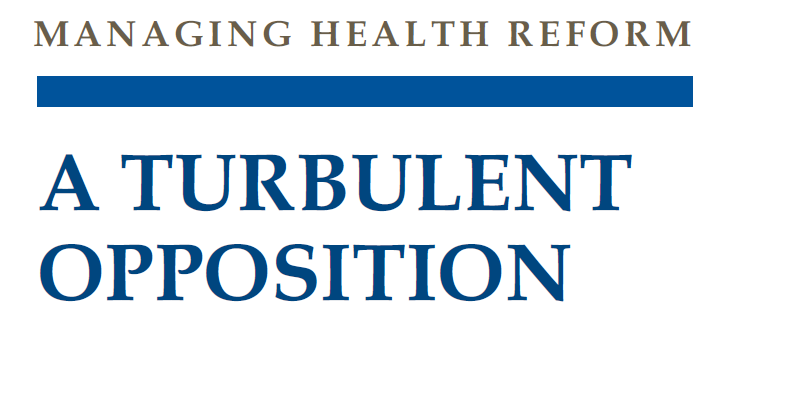
August 2014
The South is often been portrayed as being resistant to “Obamacare.” It is from many of these states that legal challenges were filed against the Patient Protection and Affordable Care Act (ACA) after its enactment. Rather than operate their own exchanges, many southern states have defaulted to the federal health insurance exchange. Most have refused or deferred on Medicaid expansion. Table 1 on the next page summarizes the status of southern state actions on both of these policy options. Some states have employed obstructionist tactics to complicate enrollment assistance provided by navigators and others. Considering that many of the ACA’s provisions are most beneficial to states with health disparities stemming from lack of insurance coverage, limited access to health services, and high levels of chronic disease and poor health conditions—essentially a profile of much of the South—it would seem that these states would embrace the new law. Yet many states have not done so.What accounts for this posture? Electoral politics and ideological differences among the parties certainly play roles. But as our preliminary research indicates, there are other factors as well that reflect ambivalence, caution, and uncertainty about state administrative and fiscal capacity, health demographics, and market conditions.
Through the review of nine state-level field reports conducted under the auspices of the Managing Health Reform research network and through analysis of other relevant literature and data, this report concentrates on the intensity and sources of opposition within the southern states towards the ACA. In referring to the South, we mean those sixteen states that comprise the U.S. Census Bureau’s definition of the region. The research network currently has researchers in twelve of these states. We find the opposition varies among southern states in degree as well as in rationale and motive. There may be competing perspectives of what is “wrong” with health care reform and what the appropriate policy responses should entail. Both public officials and private interests are weighing in on the core features of ACA, namely Medicaid expansion and health insurance exchanges. The scope of debate and discourse includes the merits of policy intent and design. It also includes differences of opinion regarding how the new law is to be implemented and adapted to changing conditions. Most importantly, the situation is in flux with the possibility of future policy decisions departing from earlier oppositional positions. This report examines this turbulent situation in the context of: 1) politics and partisanship, 2) past history and administrative capacity, and 3) underlying market and demographic factors.